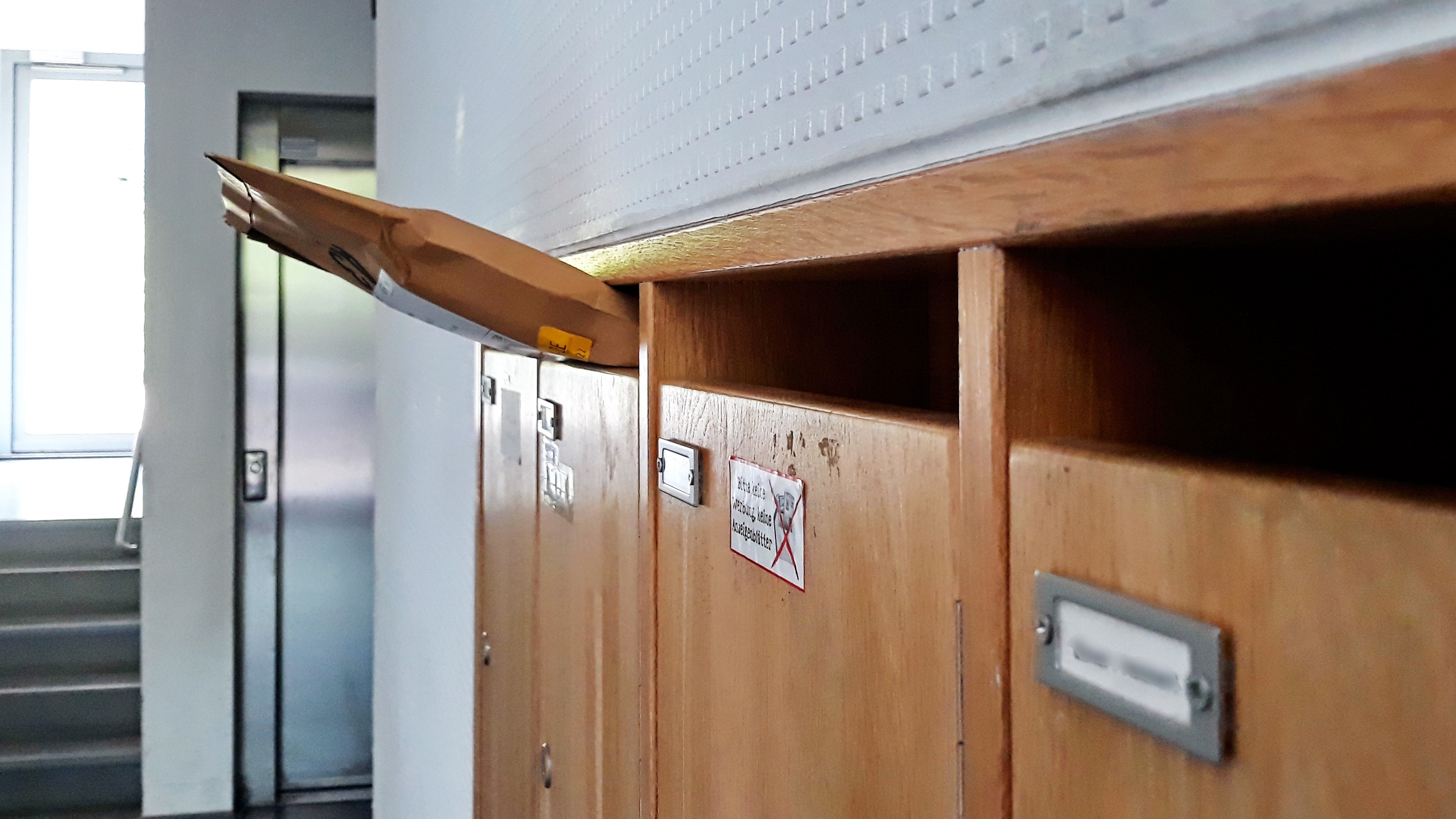
A few clicks, a short wait and the product bought online is delivered to the front door. During the Coronavirus pandemic, online shopping has boomed as never before. Already in 2019, before the pandemic started, German postal service Deutsche Post delivered some 5.2 million parcels in Germany every day. In 2020, with the onset of Covid-19, deliveries reached some 5.9 million, breaking all previous records1. Online shopping is often considered as a carbon sin for its long transport routes ending at the front doors of customers. But is it really true that more carbon is emitted than when shopping at physical stores? The answer is no. Precisely when it comes to clothing and textiles, online shopping has a better carbon footprint than is often assumed. The "Is e-commerce good for Europe" report published by business consultants Oliver Wyman a few weeks ago, provides astonishing findings like the one that online shopping is lot more environmentally friendly than shopping at brick-and-mortar retail.
While the purchase of a piece of clothing online results in an average carbon equivalent of 954 grams, buying one in a High Street store is three times as high. "Bundling parcel deliveries saves four to nine times the amount of traffic individual deliveries produce, thus relieving the city centres." says Eva Sprengnetter, consultant at Oliver Wyman. The lion's share of emissions is produced by customers driving to a physical store, followed by the energy consumed by the maintenance of stores and warehousing. In e-commerce, most emissions are produced by the shipping of goods, by far ahead of carbon emissions produced by IT tools, only then come the emissions produced by packaging. Online shopping, however, still has room for improvement as well, considering that emissions are a lot lower when a product is shipped from a national instead of an international warehouse. Sustainability in e-commerce will be a talking point also at Neonyt, the global hub for fashion, sustainability and innovation. In the summer of 2019, environmentally friendly packaging in online retail was discussed at the trade show as part of the Fashionimpact forum. Neonyt exhibitor Repack demonstrates how online retail can be more sustainable by offering, amongst other things, a deposit system for parcels. This is how shopping can work also in times of a pandemic - online, more sustainably and in an appropriate packaging.
#E-commerce #Online retail #Physical retail #Report #Oliver Wyman #Climate footprint #CO2 #Sustainability #Fashion industry #Neonyt
Find more information here:
- Oliver Wyman (2020): Is e-commerce good for Europe? Economic and environmental impact study
- neonyt.messefrankfurt.com
Social Media:
1 Deutsche Post DHL Group (2020/2021): Annual report 2019/2020